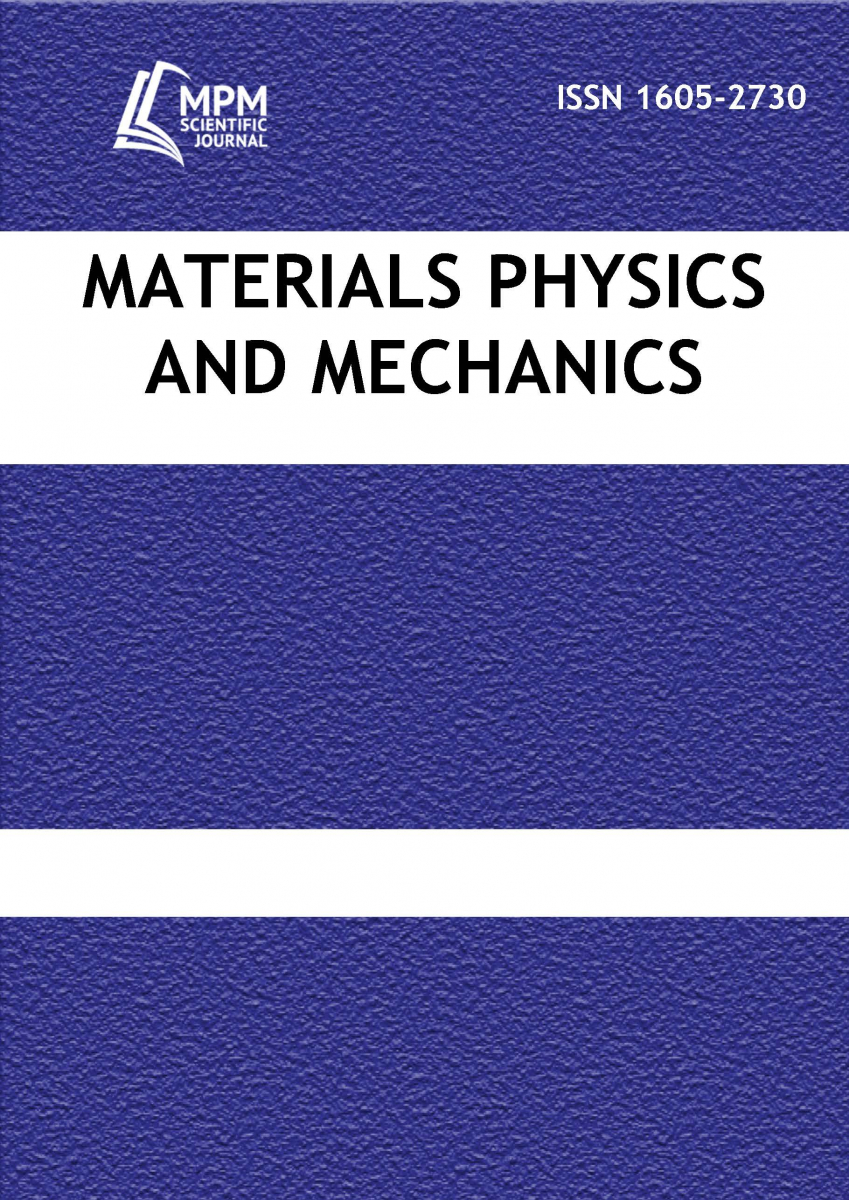Effect of surface roughness on the fatigue strength of E-glass composite single lap joint bonded with modified graphene oxide-epoxy adhesive
The inability of manufacturing systems to fabricate near net shape complex structures requires efficient joining techniques for simple components to form a complex structure. Composites adhesive are gaining attention due to their good mechanical properties. The present study aims to improve the mechanical strength of single lap joint of composite material comprises of glass fibers reinforced polymer (GFRP) plates which were joined by nano particles modified adhesive. Epoxy adhesive was modified by dispersing 0.5 wt.% graphene oxide (GO). The surfaces of GFRP plates were prepared for five different surface roughness. The effectiveness of joint was assessed by the enhancement in the fatigue strength and fracture resistance of the single lap joint. The tensile test depicted the peak load of 6.095 kN when the surface roughness was prepared to be 3.316 µm. The observed peak load was 68 % higher as compared to as-prepared composites where the surface roughness was 0.211 µm. Similarly, for the same surface roughness, axial fatigue tests showed 30 % enhancement in number of cycles to failure as compared to as-prepared composites. The results concluded a substantial effect of surface roughness of adherend on the joint strength.


